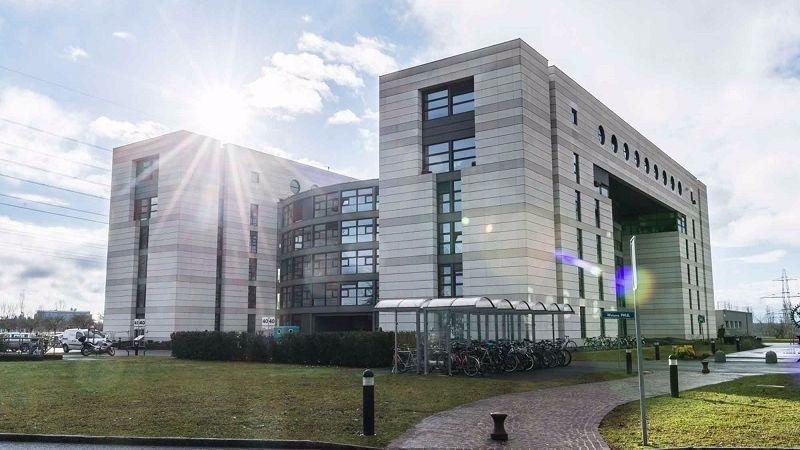The European Organisation for Nuclear Research (CERN) is upgrading its wireless broadband network in order to support thousands of researchers using mobile devices while moving around its campus buildings.
There are more than 12,000 staff, visiting researchers and contract workers onsite at CERN’s physics laboratory in Geneva each day, supporting projects such as the Large Hadron Collider. Around 20,000 mobile devices are used, requiring reliable wifi connectivity.
Having experienced problems with its independent wireless access points in the past, CERN decided to upgrade its network in 2015. “[The aim is to] enable seamless roaming in buildings across the campus and to get people in offices to give up their wired connections and be happy with wifi,” says Dr. Tony Cass, who leads CERN’s Communications Systems Group Information Technology Department.
“We have had wifi infrastructure for a good 15 years,” Cass told Computerworld UK at Aruba Atmosphere in Paris last week. “But, because we started early, it is all independent access points; we don’t have roaming, we don’t have a guest network. So delivering a seamless roaming experience, delivering the guest network, being able to manage the traffic, that is what I wanted to do.”
The demands on the CERN wifi systems have grown in recent years. For example, the introduction of the eduroam network access service for visiting researchers has lead to an increase in the number devices being used.
“When we enabled eduroam, the number of wifi devices almost doubled,” Cass says. “It was a pain for people before as they had to register their MAC address to use our network. They would register one device, but they would have eduroam enabled on all of them. So when we enabled eduroam, all of these phones and tablets suddenly connected to our network, as well as the main device that people had registered. So we have tens of thousands of mobile devices, tablets, PCs, Macbooks all the time.”
Another problem is that, while the existing wifi systems are suitable in certain locations – such as individual office spaces – connections often drop when moving from building to building.
“The challenge for the scientists is that they all walk around with tablets and Macbook Airs and they walk between their office and meetings and — especially physicists — they have SSH sessions open all of the time,” Cass says. “So as they go from their office to their meeting their connection drops – they have a connection to a terminal server and that connection is broken as they go from their office to the meeting room. That is one of the things that annoys them.”
While those using a web application can easily reconnect, this caused problems for researchers using applications that need to maintain a consistent connection.”You didn’t know where the boundary was between where you could roam and where you couldn’t – that was frustrating because sometimes it worked and sometimes it didn’t.”
The organisation is now rolling out Aruba 802.11ac Wave 2 access points and mobility controllers to help alleviate the connectivity issues. Cass explains: “We did a tender for the AC Wave 2 solutions with controllers and Aruba and other vendors bid. As a public organisation, it is a very much price-based open tender, but part of the testing that we did during that phase was definitely very interesting, showing what the Aruba RF performance was like.”
The work is still underway, with 40 percent of the campus set to be upgraded by the end of this year, and plans to complete the deployment of up to 5,000 access points during 2018.
“It is a high-density deployment; we are deploying one access point every three offices and in some places where we have a ‘Faraday cage’ sort of construction we are even deploying one access point per office, because what I want especially is that people will see that the wireless environment performance is as good at least as the wired.”
While the main aim of the project is to improve connectivity for researchers, there are a number of benefits to upgrading the wifi at CERN from a wider organisational perspective.
“There are a whole bunch of other business processes that people will be able to do when they can rely on people having a wifi connection,” Cass says. “Our HR team have to print out pieces of paper and give people maps when they come for an interview, because they can’t rely on the fact that they will have a wifi connection. This is because we don’t have a guest network today, whereas [in the future] we will.
“Everybody expects a guest wifi network when they turn up – so you can say ‘here is your schedule for the day’. Things like that will help people streamline what they are doing.”
Source: https://www.cio-asia.com/resource/networking/cern-upgrades-wifi-infrastructure-to-support-researchers-on-the-move/?page=2

